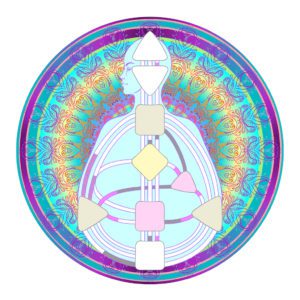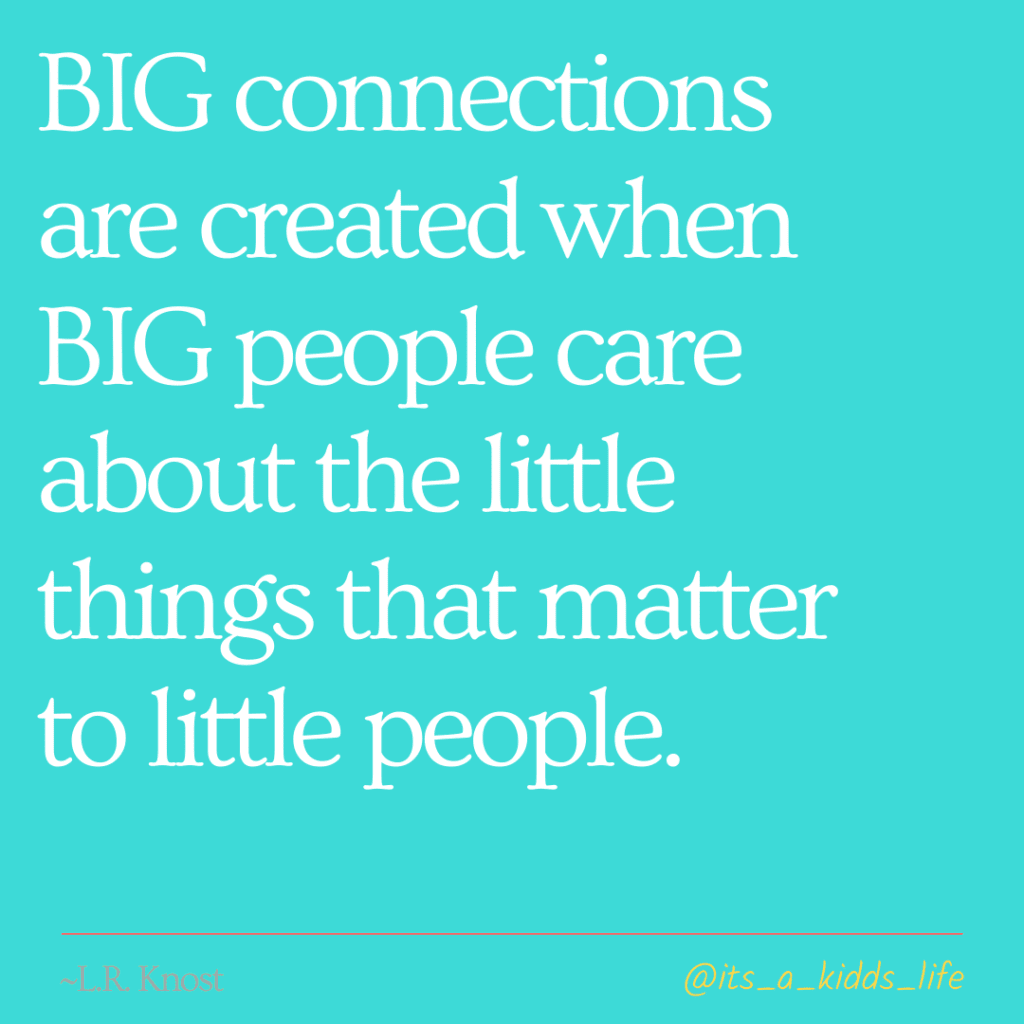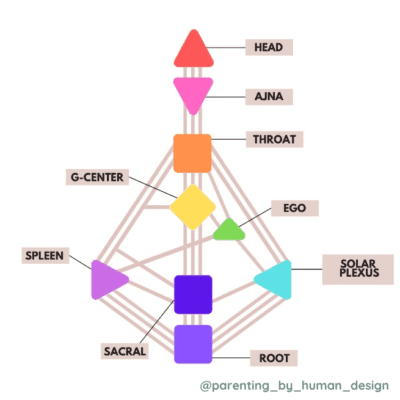How human design and gentle parenting helps us to raise confident, calm and connected kids, and how we are parenting a projector child.
What Is the Human Design System?
I kept hearing about the human design system from a few people in the personal development space I follow on Instagram and thought it sounded like an interesting way for me to learn more about myself, my patterns, preferences and strengths. I am all about continuous learning!
I also heard about it from the wonderful lady who is the childcare educator for my two little girls – a beautiful human who reflects our philosophy of gentle parenting, Montessori etc. She’s also a reiki practitioner and into the human design too, but I’d never connected the dots with how human design could help me as a parent.
The human design system is a logical system based on your date, exact time and place of birth and is a combination of:
- The quantum physics of neutrinos
- The wisdom of the I-Ching
- The Kabbalah
- The Chakra system
- Astrological charting
If all this sounds a little woo woo for you, then hold your judgement until you learn a little more. You might soon find this amazing tool for self-discovery and decision making could bring wonderful insights and guidance for you in all aspects of your life.
Human Design Types
But first, you need to understand more about your ‘type’. In human design – there are 4:
- Manifestor (9% of the population)
- Generator – inc. manifesting generator (70% of the population)
- Projector (20% of the population)
- Reflector (1% of the population)
And because your human design type is purely based on unchangeable facts (your place, date and time of birth) there is no trying to outsmart it like so many personality profile systems out there. There is no getting away from your type and all types are wonderful – there isn’t a good or bad type to be!
You can grab your (free) chart here and you will receive your personalised chart, which will include a range of colours, numbers and symbols. Don’t worry too much about what they are for now though….

Human Design Parenting – Parenting a Projector
Once I’d found my own human design chart, I quickly did the charts for my husband and two kids. This is where my interest was really triggered because this is my immediate family’s human design set up:
Mum – generator (9% of the population)
Dad – generator inc. manifesting generator (70% of the population)
Child 1 – projector (20% of the population)
Child 2 – reflector (1% of the population)
Apart from having kids that are in the smaller minorities of the human design types (especially my little reflector), what I uncovered started to fit perfectly with our gentle parenting approach.
Human design is about honouring you being exactly as you are, and understanding your genetic make up to completely live in alignment. Similarly, gentle parenting involves a certain level of de-conditioning (for most of us) to get to a place of parenting that completely honours the child for who they were born to be (not the child we thought / hoped / expected / trained / disciplined them to be).
While our gentle parenting approach until this point had taken form from various books and experts, human design helped us to frame this even more and have amazing insights into our wonderful little humans.

Combining Gentle Parenting and Human Design Parenting
Now that we know our children’s human design, my husband and I are able to understand their authentic needs, and see things from their unique perspective as much as possible.
We are able to embrace their differences (and celebrate them), approach the inevitable parenting challenges in new and aligned ways and help them understand their own strengths, preferences, limitations and frustrations.

Human Design Parenting – Parenting a Projector
Our eldest daughter (currently aged 5) is a projector. Projector children are here to guide and manage others and they have an amazing capacity to see things from a new angle.
We’ve always tried to parent both girls in a collaborative way (a pillar of gentle parenting, as well as RIE and Montessori, which are guiding principles of our parenting style); meaning we have included them in our family decisions as much as possible, enabled them to have autonomy over things such as the what they wear, how they want their hair doing, the colour of the walls in their room etc.
And our projector child thrives on this!
Projectors need to be invited to participate in a decision to be at their best. They need recognition and authentic attention when they provide their input. A simple ‘good job’ won’t cut it for a projector – and this ties in well with gentle parenting approaches that invite you to explain why it was such a good thing they did, or to commend them on their effort, instead of just the outcome. In reality this might sound like “I see you really tried to figure out the puzzle, and you did it!” This kind of approach helps to foster a growth mindset, where the child is internally motivated (because their effort is recognised regardless of the outcome), over a fixed mindset of just trying to achieve something for the praise or the end result of ‘good job.’
Even from as young as two I remember Miss A having very clear ideas on everything and we enabled that as much as possible.
And now, as a 5.5 year old her opinions and ideas blow our minds. Recently we had a discussion with her about the best way to solve a problem we were having. Fruit was not being eaten regularly, yet sugary snacks were being requested after dinner and before bedtime. We could have gone down the authoritative parenting route of “it’s this way because I say so and that’s the end of it” but honestly that doesn’t align with our style (and it’s a short term ‘win’ anyway).
Miss A’s idea? Her actual words were “well mummy, if I was the parent, I would not buy anymore treats and then we will have to eat the fruit if we are hungry.”
OK I know you’re probably thinking ‘well yeah of course that’s the answer’ but this was from a pre-schooler (and the snacks we had were leftover from Christmas so it’s not an ongoing issue anymore).
The main thing here was that she was invited to offer her input. And what happened when she asked for an unhealthy treat? We said ‘well someone very wise had a great idea, remember?‘ She smiled and said “yeah ok, I was right.”
This is just a very small example of how we can incorporate human design into our parenting.
I’d love to hear any other human design parenting tips you might have…

Ready to add Human Design to your parenting toolkit?
Keen to dive deeper?










0 Comments
Trackbacks/Pingbacks